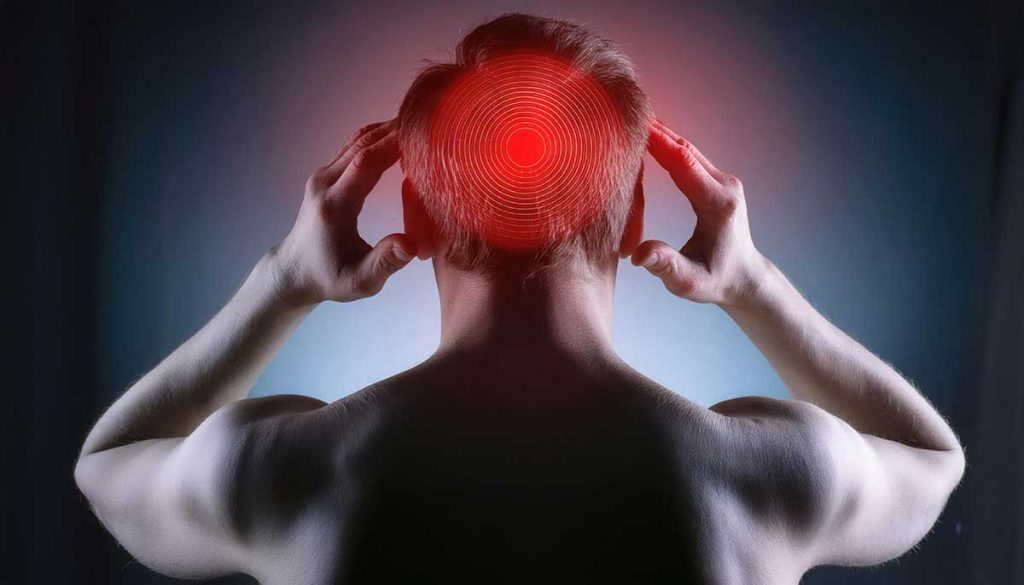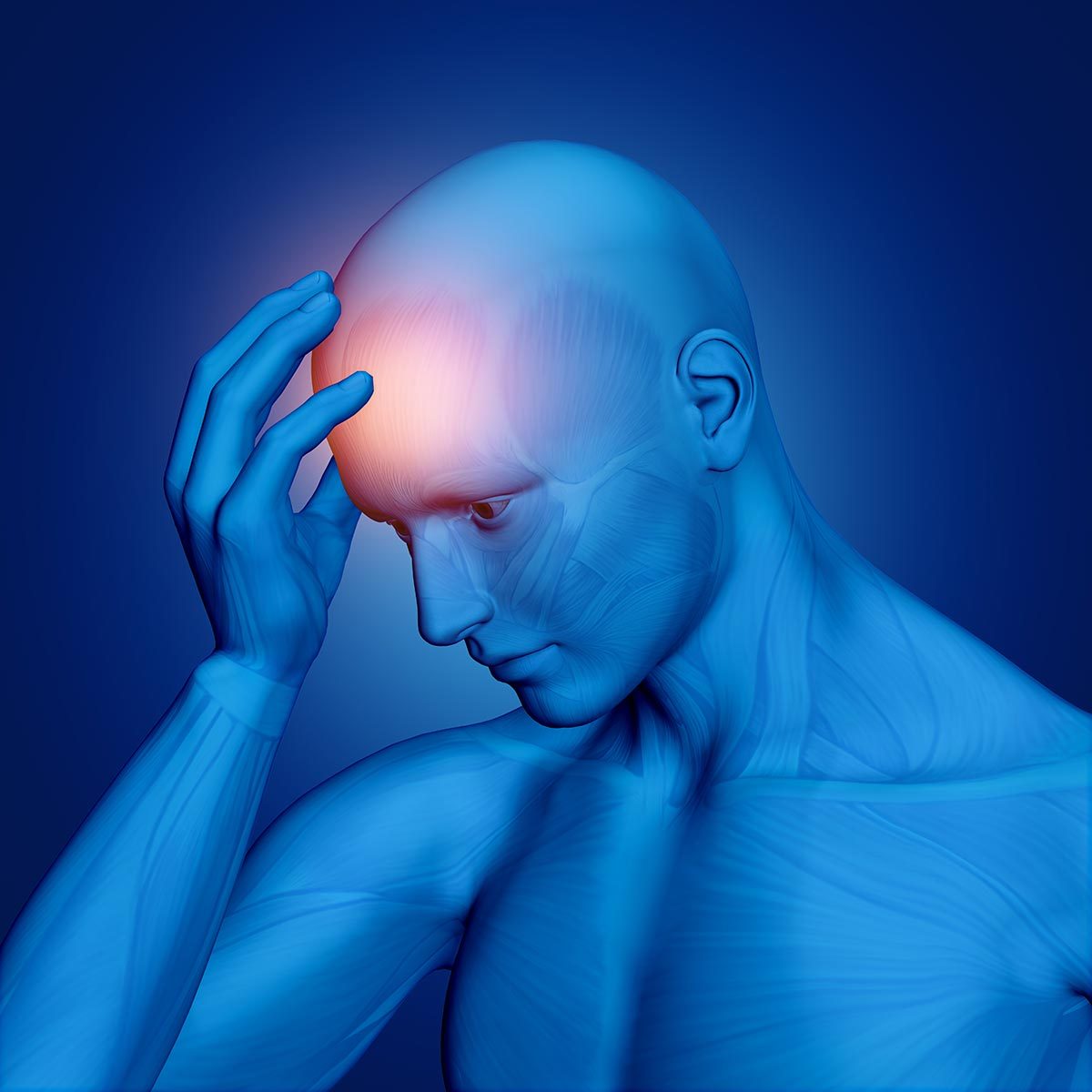Occipital Neuralgia
![]()
Call (703) 520-1031 or use the form to send us your contacts.

Neuralgia is a pain due to a damaged or irritated nerve. Occipital neuralgia occurs when occipital nerves, which are located where the skull and neck meet, become inflamed or injured. As a result of the inflammation or injury, one may experience severe pain.
These nerves run from the base of the skull along either side of the head. This pain may be predominantly experienced behind the eyes and at the base of the skull. However, it is not uncommon to experience pain throughout the scalp and to the neck. This pain does not typically include the face or ears.
These symptoms can be overlooked; as they resemble pain caused by headaches or migraines. It is important to bring any of these symptoms to the attention of your medical provider, as the treatment for occipital neuralgia is different than treatment for headaches or migraines. Since the treatment differs it is important to receive the proper diagnosis. Occipital neuralgia is a condition that should be taken seriously, diagnosed, and treated by a professional medical provider.
Symptoms
- Neck pain: This pain originates at the base of the skull and is intense or unbearable.
- Pain behind the eye/s: This can result in sensitivity to light
- Scalp/Head Pain: Pain or tenderness throughout the scalp, may cause sensitivity to touch.
- Severe Pain: This pain may feel sharp, shocking (electric), aching, throbbing, burning, etc.
Causes
Occipital Neuralgia can be caused by conditions such as; neck tension, whiplash, pinched nerve, osteoarthritis, cervical disc disease, blood vessel inflammation, gout, diabetes, and infection. These are only some possible reasons one may experience Occipital Neuralgia. In some cases, the cause is unable to be identified.
Treatment
Treatments can include but are not excluded to pain medication, nerve blocks, physical therapy, and in some cases surgical interventions may be necessary. In some patients, occipital nerve stimulation has provided some relief. Please talk to your medical provider to determine which course of action will be best for you.
How common is occipital neuralgia?
Isolated occipital neuralgia is not common, but there is currently no way to estimate how many people really have the condition. The issue of diagnosis concerns the fact the occipital nerve may be inflamed due to some other type of medical condition, like a migraine. The diagnosis would be migraine with occipital nerve involvement instead of just occipital neuralgia. The similarity of occipital neuralgia to other headache disorders means there may be many undiagnosed cases.
How to relieve occipital neuralgia pain?
There are several non-surgical steps you can take to try and relieve occipital neuralgia pain. One is to take medications that include over-the-counter anti-inflammatory drugs, and prescription muscle relaxants, and anticonvulsant medications. Placing a heating pad on the area of pain often helps. The doctor can do a nerve block – an injection of medication that numbs the nerve. The injection is used to diagnose and treat the medical condition. They are sometimes used to decrease inflammation. Still more options include massaging the painful neck muscles and resting in a quiet room. Surgery is a last resort and seldom used as a treatment option.
How can I diagnose occipital neuralgia?
A doctor will diagnose occipital neuralgia by administering a variety of tests. The diagnostic tests include a physical exam, nerve block, blood tests, CAT or CT scan, and/or MRI scan. It can be difficult to diagnose occipital neuralgia because there is no single test for identifying the condition.
What does occipital neuralgia feel like?
Patients describe occipital neuralgia as feeling like a headache that is severe throbbing pain in the back of the head, behind the ears, or neck. The pain is also described as feeling like a jabbing electric shock and migraine-like. Other symptoms include pain behind the eye or when moving the neck, tender scalp, and sensitivity to light.
What type of doctor treats occipital neuralgia?
Most occipital neuralgia patients are treated by a neurologist who works with the primary care doctor. A pain specialist may also be involved in inpatient care.
